How Hurricanes Can Trigger Earthquakes
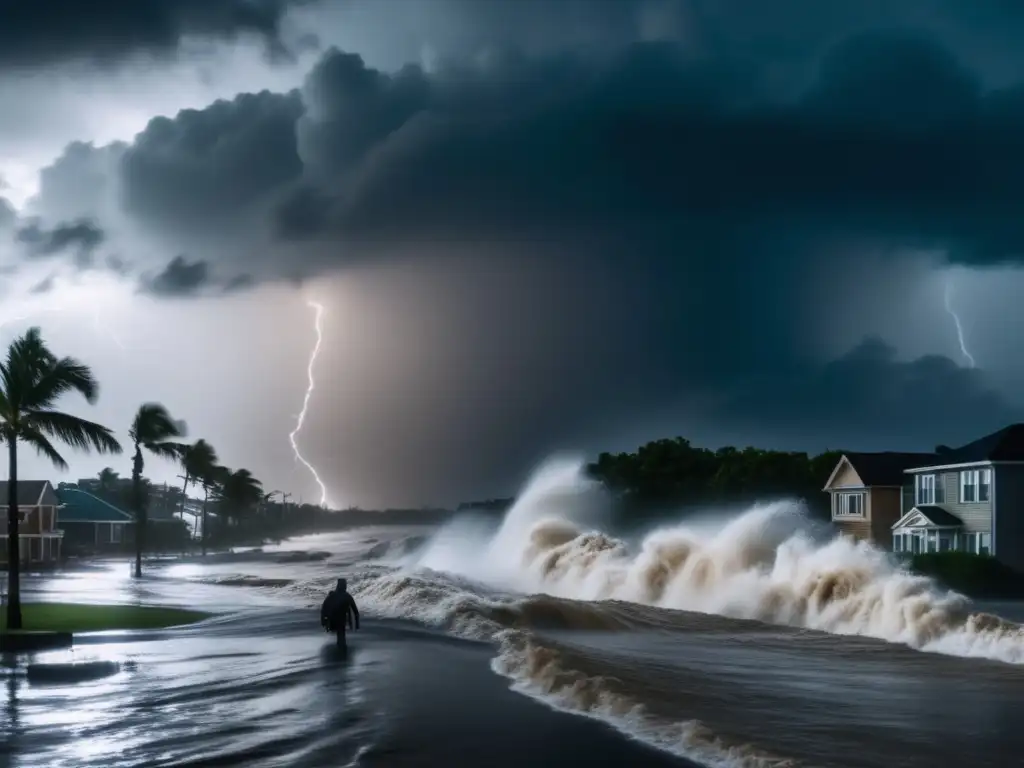
How Hurricanes Can Trigger Earthquakes
Introduction
It is well-known that hurricanes can cause widespread damage, destruction and fatalities due to its powerful winds and flooding. What is not commonly known is that hurricanes can also trigger earthquakes, which could intensify the devastation even more. While this occurrence is relatively rare, it is still important to understand the mechanism behind these two natural disasters and how they could potentially affect communities in hurricane-prone areas.
The Science Behind Hurricanes and Earthquakes
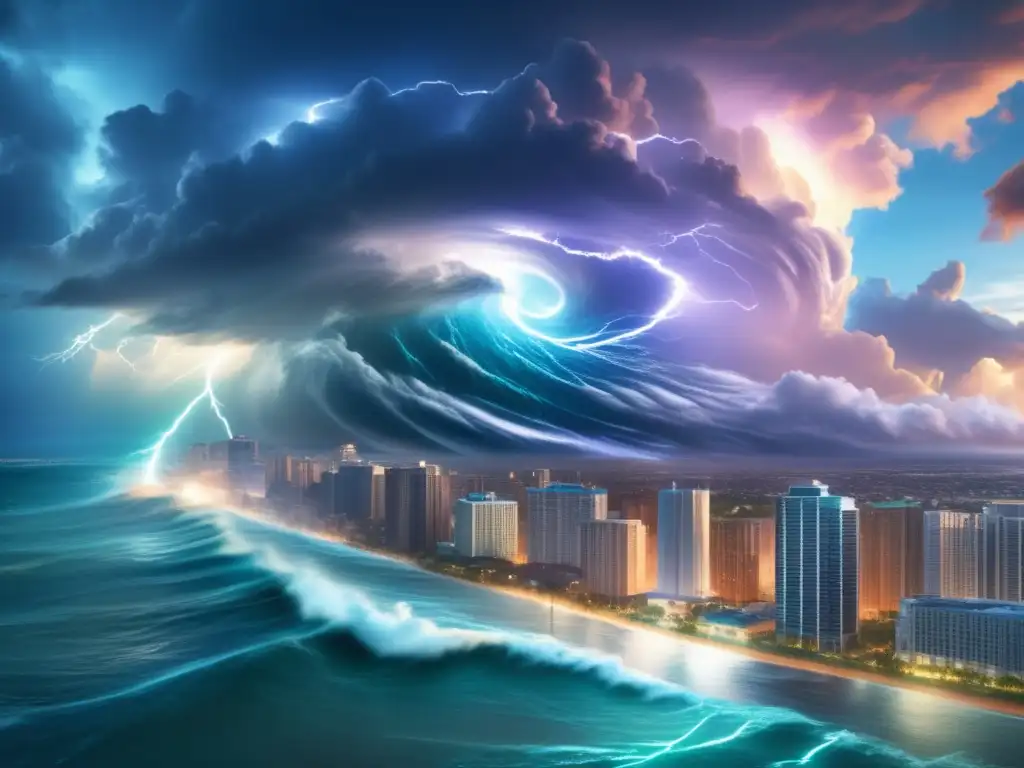
What Causes Hurricanes?
Hurricanes are massive storm systems that form over warm seawater in the Atlantic Ocean, Caribbean Sea, Gulf of Mexico, and eastern Pacific Ocean. They are fueled by the evaporation of seawater and the release of latent heat, causing rapidly rising air to form a low-pressure zone, drawing in more warm, moist air from surrounding areas. The spinning earth gives the system its swirling, spiral shape while winds rush inwards to fill the low pressure at the center, thus creating the eye of the storm.
What Causes Earthquakes?
Earthquakes are caused by the shifting and movement of tectonic plates that make up the Earth's crust. As the plates move, they may get stuck and build up pressure, which is released as vibrations that cause seismic waves. Most earthquakes occur near the boundaries of these plates, but some can occur away from them as well.
How Hurricanes Can Trigger Earthquakes
While hurricanes and earthquakes are two different phenomena, they share a commonality in that both involve large amounts of energy being released. Hurricanes can create seismic waves that propagate through the Earth's crust, potentially triggering earthquakes in areas where there is already a high level of tectonic stress. This is because the storm's strong winds and heavy rainfall can add extra weight and pressure to the Earth's surface, essentially pushing down on the crust and causing it to shift, which could cause faults to slip and trigger earthquakes.
Examples of Hurricanes Triggering Earthquakes
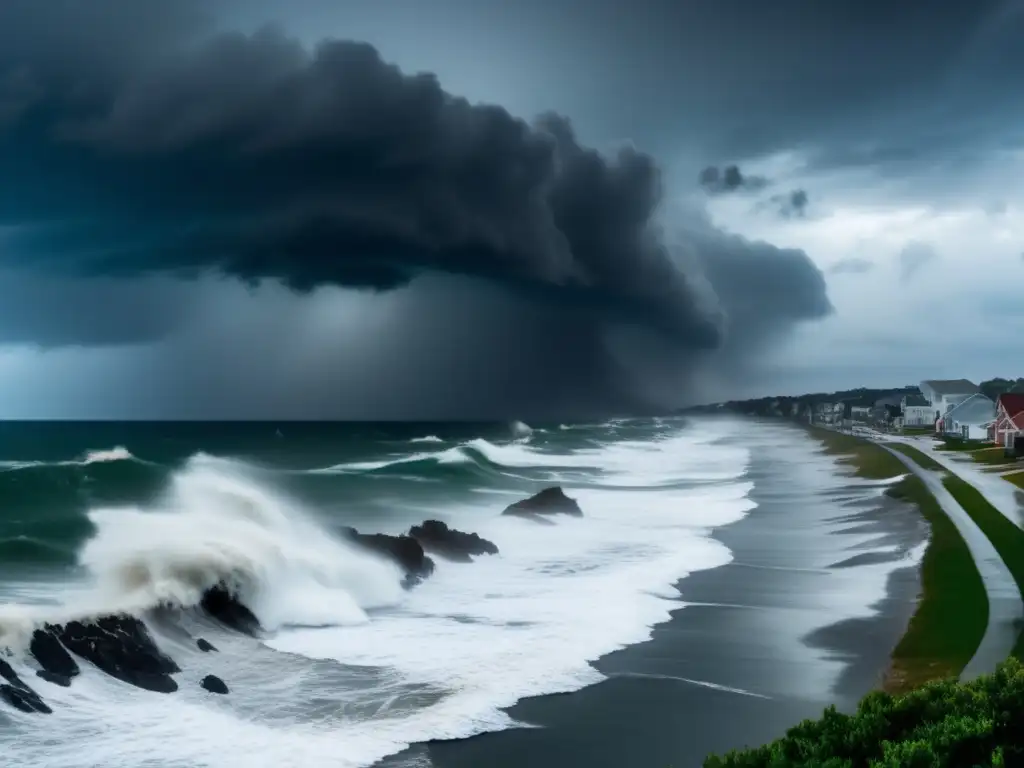
Hurricane Katrina and the Utah Earthquake
In 2005, Hurricane Katrina was one of the deadliest and costliest hurricanes in history, causing widespread damage and destruction along the Gulf Coast. A few weeks later, an earthquake with a magnitude of 3.0 struck Utah, thousands of miles away from the hurricane's impact. Seismologists believe that the hurricane might have played a role in triggering the earthquake by transferring its energy through the Earth's crust.
Hurricane Irma and the Mexico Earthquake
In 2017, Hurricane Irma was another powerful and destructive hurricane that devastated much of the Caribbean and Florida. Shortly after, a massive earthquake with a magnitude of 8.1 struck southern Mexico. While it is unclear how exactly the hurricane might have contributed to the earthquake, some experts speculate that the added stress and weight of the storm might have triggered the earthquake.
Possible Future Implications

Increased Risks for Areas with High Tectonic Stress
While the occurrence of hurricanes triggering earthquakes is relatively rare, the potential for this to happen raises concerns for communities living in hurricane-prone areas that are also situated near fault lines and areas with high tectonic stress. These communities would be at an increased risk of experiencing both a hurricane and an earthquake, which could compound the effects and make recovery even more difficult.
Need for Further Research
More research needs to be conducted to better understand the relationship between hurricanes and earthquakes, and how they might affect each other. This would help inform emergency planning and response efforts in hurricane-prone areas, and ensure that communities are better prepared to deal with multiple natural disasters occurring simultaneously.
Frequently Asked Questions

-
Can hurricanes trigger earthquakes anywhere?
No, hurricanes can only trigger earthquakes in areas with high tectonic stress and where faults are already near their breaking point.
-
Can a hurricane directly cause an earthquake?
No, hurricanes cannot directly cause an earthquake. However, they can transfer their energy through the Earth's crust and potentially trigger earthquakes in areas that are already under high tectonic stress.
-
What can communities in hurricane-prone areas do to prepare for potential earthquakes?
Communities in hurricane-prone areas should prepare for potential earthquakes by developing emergency plans that take into account the possibility of dealing with multiple natural disasters at once. They should also ensure that buildings and infrastructure are designed and constructed to withstand seismic activity as well as hurricane-force winds and flooding.
-
Is there anything individuals can do to reduce the risk of hurricanes triggering earthquakes?
Individuals cannot control or prevent hurricanes or earthquakes from happening. However, they can take steps to ensure that they are prepared for these types of natural disasters by having an emergency kit, a plan, and staying informed about local weather and seismic activity.
-
Are hurricanes becoming more frequent and intense?
There is evidence that hurricanes are becoming more frequent and intense due to climate change and warmer ocean temperatures. This could potentially lead to more instances of hurricanes triggering earthquakes in areas with high tectonic stress.
Conclusion
Hurricanes and earthquakes are both natural disasters that have the potential to cause widespread damage and destruction, and knowing how they might affect each other is important for communities in hurricane-prone areas. While it is relatively rare for hurricanes to trigger earthquakes, research and preparedness efforts should not neglect this possibility. By understanding the science behind these natural disasters and their potential interactions, community leaders can develop more comprehensive emergency plans that take into account multiple incidents occurring simultaneously. It is also important for individuals to be informed, prepared and stay safe during both hurricanes and earthquakes.
Thank you for reading and we encourage you to share your thoughts on this topic in the comments section below. Don't forget to subscribe to Hurricane Insider for more informative content related to hurricanes and natural disasters.
Additional Resources
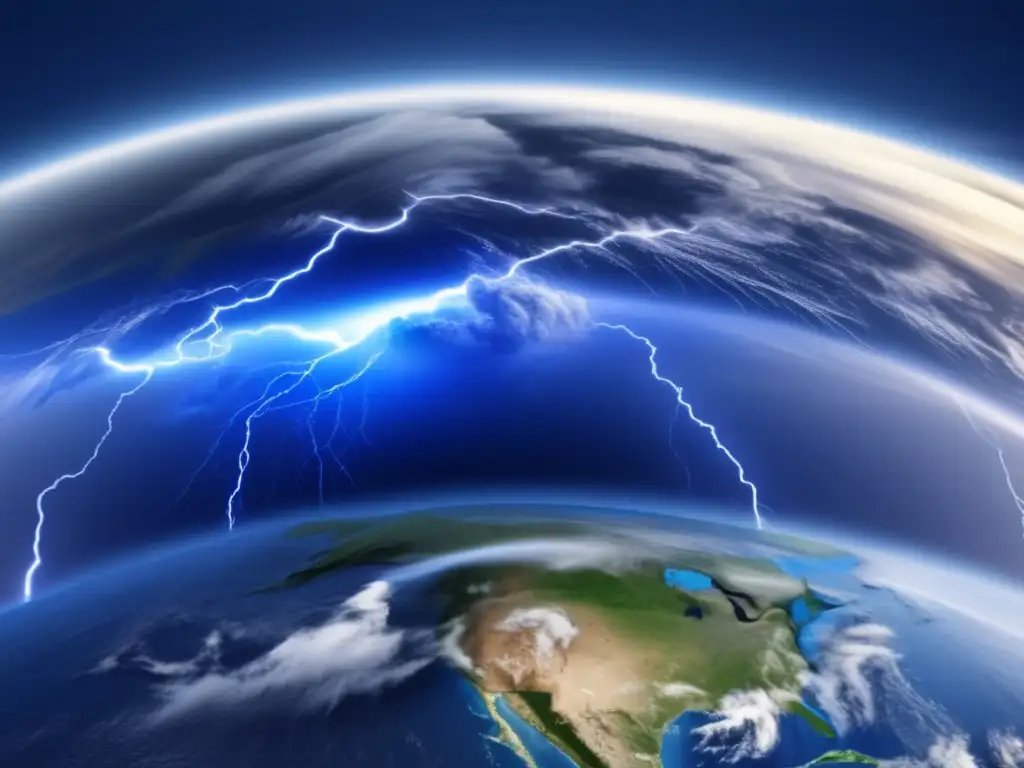
- National Geographic - The Link Between Hurricanes and Earthquakes
- NOAA - Can Hurricanes Trigger Earthquakes?
- Live Science - How Hurricanes Can Trigger Earthquakes
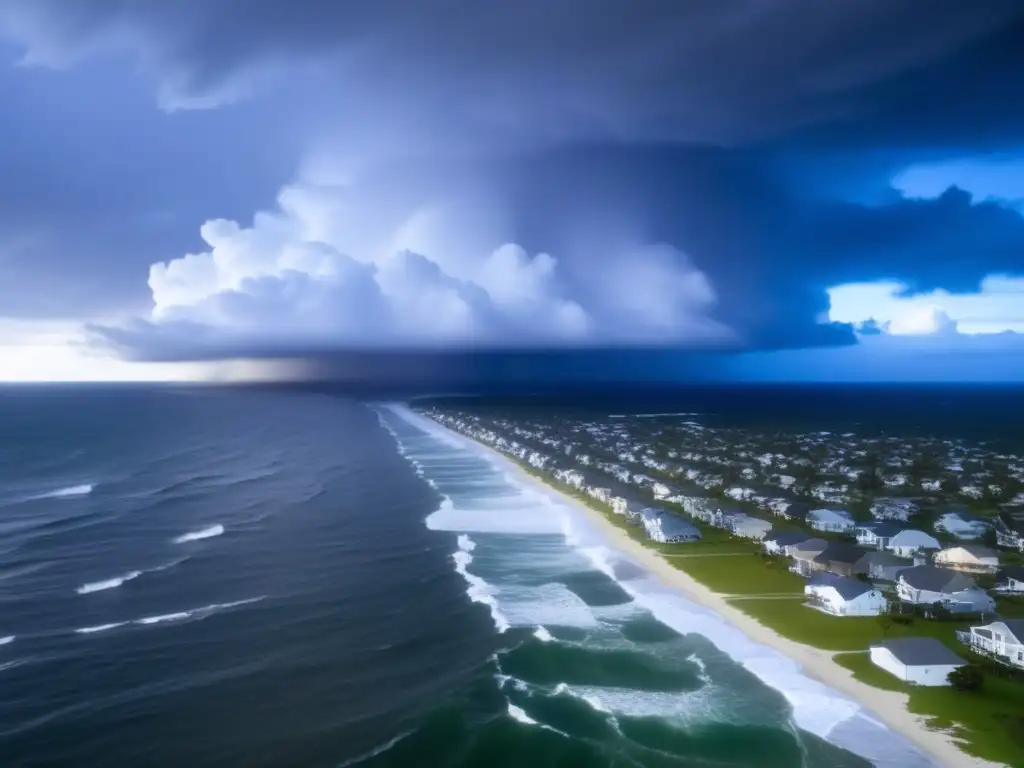 Storm Surge: The Deadliest Aspect Of Hurricanes
Storm Surge: The Deadliest Aspect Of Hurricanes The Science Behind Hurricane Names
The Science Behind Hurricane Names Exploring The Impact Of Hurricanes On Wildlife
Exploring The Impact Of Hurricanes On WildlifeIf you want to discover more articles similar to How Hurricanes Can Trigger Earthquakes, you can visit the Basic knowledge about hurricanes: category.
Leave a Reply

Articulos relacionados: